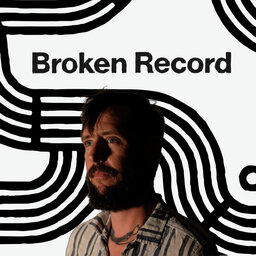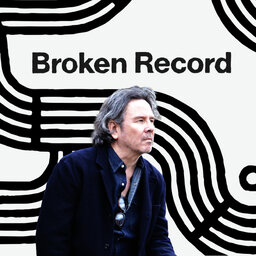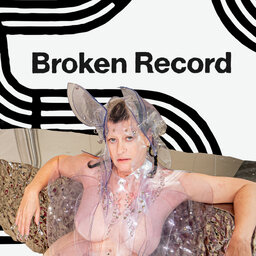Peter Frampton Forgets the Words
Peter Frampton is a classic rock guitar god who rose to international fame in the late ‘70s with his chart-topping double album, Frampton Comes Alive! Justin Richmond caught up with Frampton recently to talk about his new album of cover songs, Frampton Forgets The Words, that provides insight into his expansive 50-year career. Songs like “Loving The Alien,” a David Bowie song that Frampton says is a tribute to his childhood friend who helped revitalize his career. And George Harrison’s “Isn’t It A Pity,” which reminds Frampton of the time he jammed with George in Abbey Road studios while Phil Spector looked on from the control room. And Frampton also talks about how becoming a pinup sex symbol in the late ‘70s almost sidelined his career. Plus, how managing an inflammatory muscle disease has impacted his writing and playing.
Subscribe to Broken Record’s YouTube channel to hear old and new interviews, often with bonus content: https://www.youtube.com/brokenrecordpodcast and follow us on Twitter @BrokenRecord
You can also check out past episodes here: https://brokenrecordpodcast.com
Check out a playlist of our favorite Peter Frampton songs HERE.
Learn more about your ad-choices at https://www.iheartpodcastnetwork.com
 Broken Record with Rick Rubin, Malcolm Gladwell, Bruce Headlam and Justin Richmond
Broken Record with Rick Rubin, Malcolm Gladwell, Bruce Headlam and Justin Richmond


